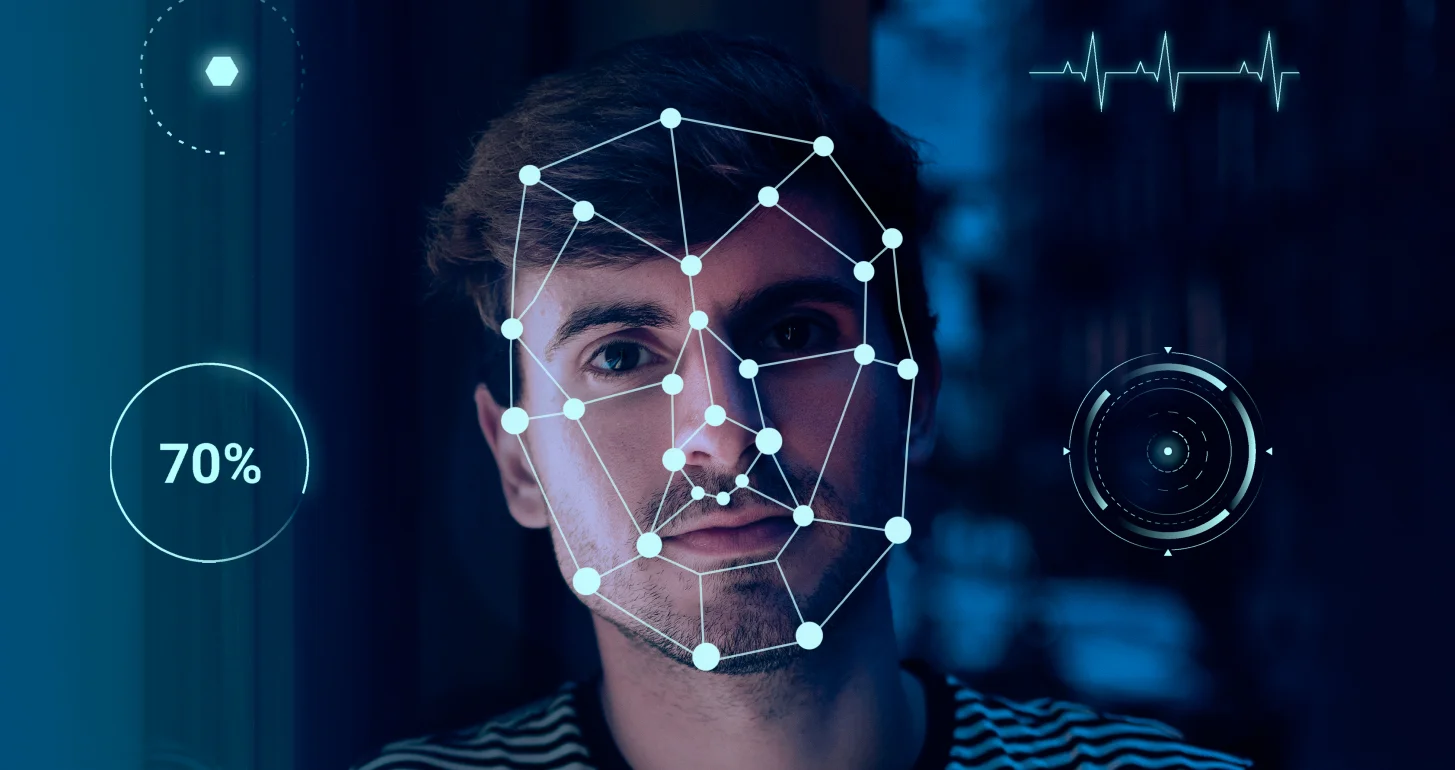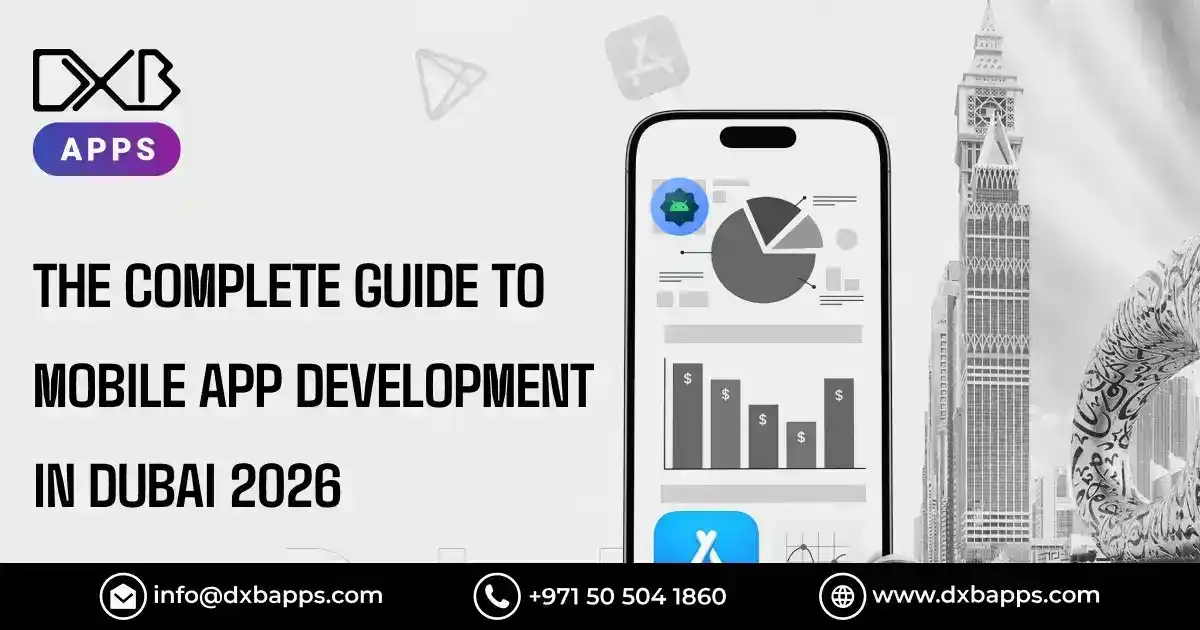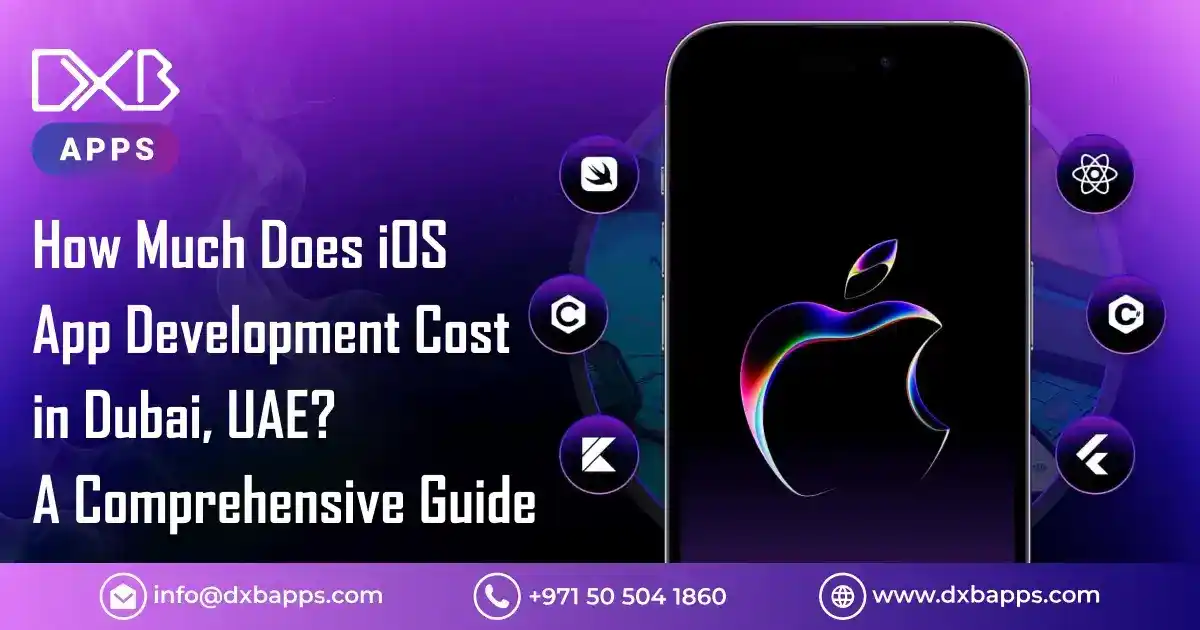As a result of the introduction of Artificial Intelligence (AI) into the marketing ecosystem, both marketers and customers have begun to enjoy improved purchasing experiences. AI has introduced a new shopping dimension for cosmetics and other beauty products in the beauty business.
In recent years, Artificial Intelligence (AI) and Machine Learning innovations have crept into the cosmetics business. Global spending on AI ecommerce, including fashion, luxury, and cosmetics, is expected to reach $7.3 trillion by 2025. The four most important AI and machine learning applications for the beauty sector: The four artificial intelligence and machine learning tools revolutionizing the cosmetics business.
Virtual Trials
Rather than relying on swatches to evaluate cosmetics, artificial intelligence now enables virtual evaluations on smartphones. Now, beauty businesses have apps that enable their consumers to determine which shade of lipstick or foundation best matches them using only their mobile devices. By making virtual trials so accessible, AI has enabled consumers to make confident purchases and even ensured their contentment.
1. Platforms for Marketing Performance Measurement
Marketing teams have frequently struggled to quantify the current value of their efforts, particularly as a result of the emergence of new channels and methods that have disrupted the old marketing sector.
In the most recent State of Influencer Marketing research, we discovered that brands claim to experience the most difficulty with campaign measures, which is crucial when selecting the proper influencers with whom to cooperate.
Collaboration with influencer brands can aid in expanding into new markets, generating media coverage, and generating content that can be repurposed across a brand's own channels.
Using artificial intelligence and machine learning, marketing performance tools simplify measurement by providing a uniform framework that yields actionable information.
Advanced algorithms, such as Media Impact Value, assign a monetary value to every post, engagement, and article.
This enables you to evaluate the results of various marketing techniques, such as public relations and media relations, influencer marketing, and content marketing, and completely comprehend how and where the brand's value is created.
2. Tools for supply chain and demand forecasting
The consumer is the focal point of any brand project; therefore, one of a company's primary goals is to gain as much knowledge about the consumer as possible.
By unifying consumer data, marketers can now comprehend and forecast market trends in the cosmetics industry. Benjamin Lord, executive director of Global E-Commerce and Omnichannel at NARS Cosmetics, says that NARS uses consumer data to understand more about its clients' skin tones in order to develop new products.
Today, the ability to anticipate and respond to customer requirements is crucial, particularly as audiences hold businesses accountable and seek more meaningful and genuine customer experiences.
In addition to managing the online market, beauty brands can put beacons and sensors in stores to collect data to anticipate trends, detect product shortages, and adapt product distribution to local preferences. The data and insights provided by artificial intelligence technologies optimize the supply chain model.
3. Custom app recommended
To meet the demands of modern consumers for efficiency and excitement, new levels of product personalization have been developed employing AI and machine learning applications.
Using digital platforms, the data behind client behavior can be leveraged to build virtual commercial experiences.
Based on what similar customers have viewed, liked, or purchased, brands can provide individualized recommendations, such as a digital store partner.
Implementing these solutions might not only increase sales, but also foster a closer relationship with consumers, as firms would anticipate their desires.
Additionally, beauty brands are utilizing Augmented Reality to enable consumers to digitally "test" goods before purchase.
For instance, L'Oréal, for instance, now owns an Augmented Reality and Artificial Intelligence business, ModiFace, which enables consumers to test makeup from the world's major beauty brands using Augmented Reality.
4. Platforms for Real Time Customer Service
In the beauty sector, chatbots are becoming increasingly popular for arranging travel. They can respond to anything, from simple product inquiries to sophisticated technical concerns, and can even guide a customer through various site tasks.
These bots have quick response times and, at times, personalities of their own, offering a clever marketing strategy that facilitates a more personal connection between brands and consumers.
Before entering the digital platform, the beauty tech business Beautystack immerses its users in the brand's process and voice through an interactive sign-up journey.
In addition, powerful artificial intelligence chatbots can be utilized to assist customers in developing skin care regimens or recommending cosmetics based on their skin tone, type, and even personality.
The more the customer talks to the chatbot, the more accurate your suggestions will be. If you want to create an artificial intelligence project for the beauty industry, please contact us and ask how we can help.
If you are thinking about developing Beauty app for your business contact DXB Apps.
















